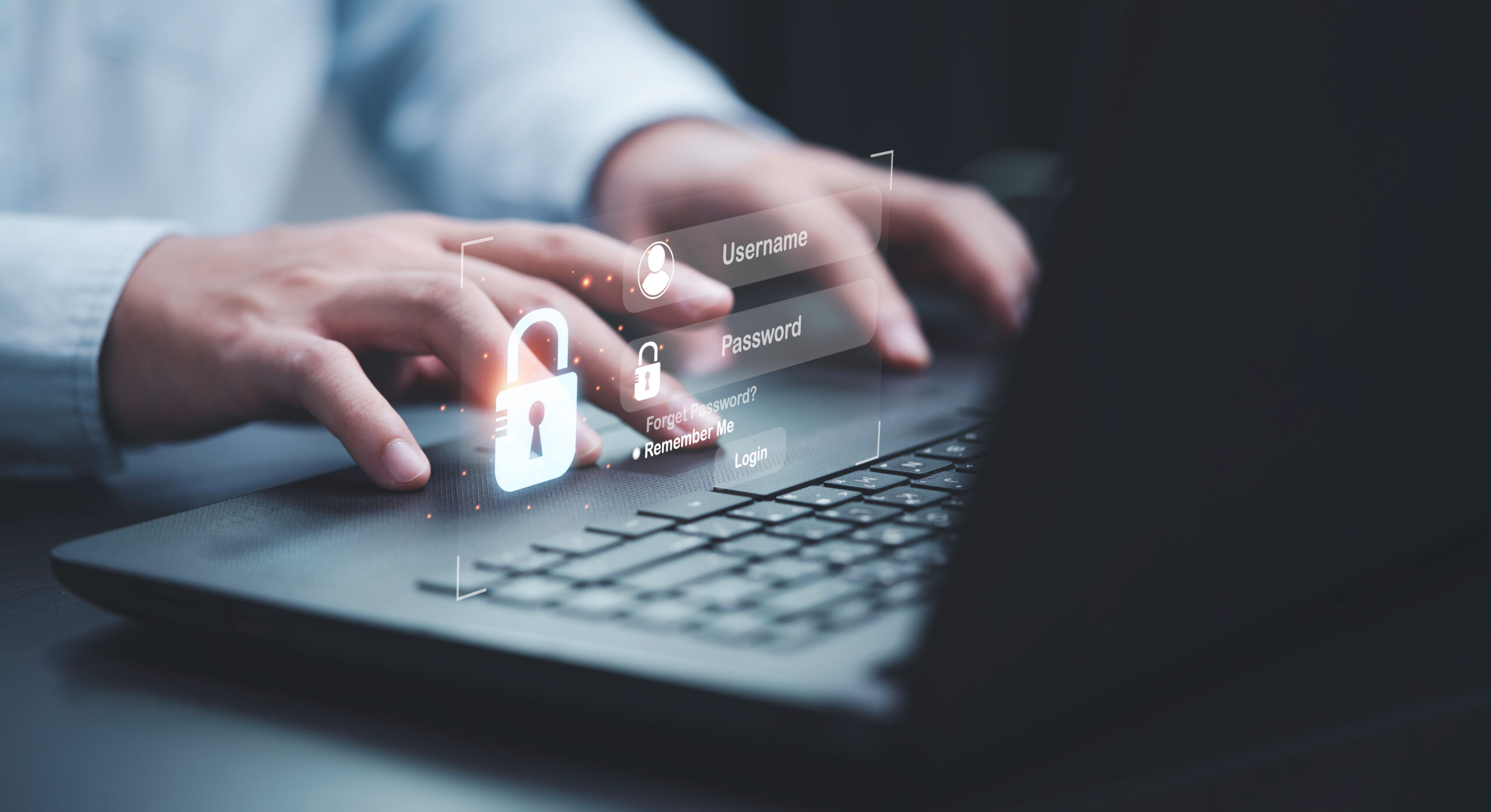October is Cybersecurity Awareness Month, a perfect time to step back and check your digital defenses. And it all starts with something we use every day: passwords.
It might feel basic, but weak passwords are still one of the largest gaps in cybersecurity. While it may not sound flashy, good password hygiene is one of the most important steps you can take to protect your data.

Think of Passwords Like Locks
Leaving accounts unprotected is like leaving your front door wide open. A weak password is like using a flimsy lock anyone can pick. And writing it on a sticky note under your keyboard? That’s the same as leaving your house key under the welcome mat.
Just as you’d never hand out your house key to strangers, your password deserves the same level of care.
- No password = door wide open
- Short or predictable password = flimsy lock
- Password written down = key under the welcome mat
What Makes a Strong Password?
According to the Cybersecurity & Infrastructure Security Agency (CISA), three rules make your passwords stronger:
- Make them long. At least 16 characters. Longer is stronger.
- Make them random. Mix uppercase, lowercase, numbers, and symbols. Or use a passphrase made of unrelated words you’ll remember, like: PurpleHat!HorseRun50.
- Make them unique. Never reuse passwords across accounts. One stolen password shouldn’t unlock everything.
Tools to Make Life Easier
No one can remember dozens of complex passwords, and you shouldn’t try. That’s where a password manager helps. It creates and stores strong, unique passwords for every account, all behind one secure master password.
Pair it with multi-factor authentication (MFA), and even if someone steals your master password, they still can’t get in.
Why It Matters
Your password is the first barrier between cybercriminals and your data. Getting this step right doesn’t just keep you safer, it makes every other security layer (like MFA, monitoring, and response) more effective.
Cybersecurity is all about layers, and it starts with strong passwords. Next, we’ll dig into multi-factor authentication, your digital fence and gate that makes it even harder for bad actors to break in.
🔒 Want help evaluating your security layers today? Reach out and let’s make your defenses stronger together.
